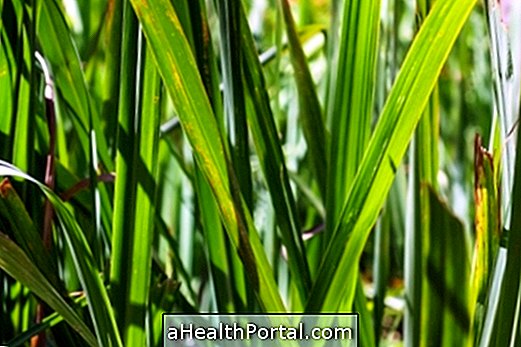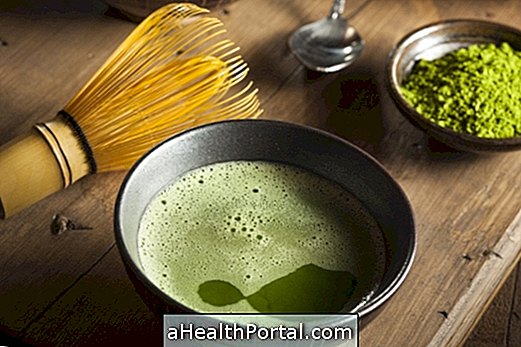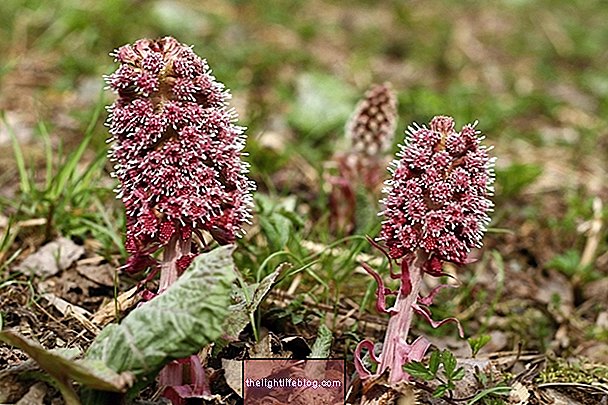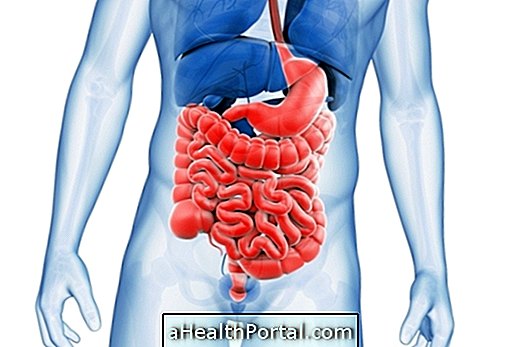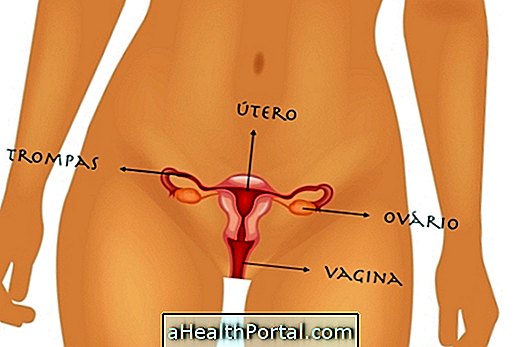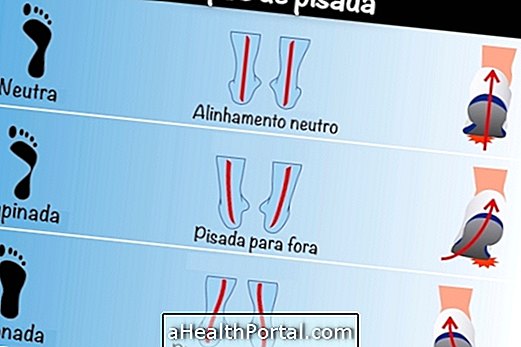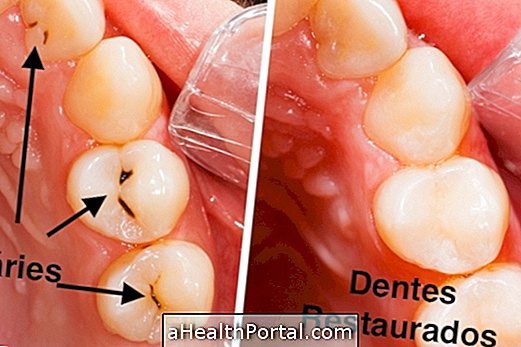Peppermint is a medicinal plant and aromatic herb, also known as Peppermint or Peppermint, which can be used in the treatment of stomach problems, pains and inflammation in muscles, headaches and nausea in the pregnancy and should not be used for weight loss.
Peppermint's scientific name is Mentha piperita and can be purchased at natural products stores, drugstores and in some markets and free markets, and can be purchased in natural form or in the form of sachets for making teas or infusions, or in the form of capsules or essential oils.


What is Peppermint?
Peppermint can serve several applications and can be used in the treatment of the following cases:
1. Stomach problems, gastritis, poor digestion, nausea and vomiting: it helps to treat digestive problems because it calms the stomach, also helping to calm the nausea and vomiting. For the treatment of these cases it is recommended to ingest peppermint tea or drops of essential oil.
2. Problems in the skin, itching and hives: can be used in the treatment of skin problem, as it has an anti-inflammatory and soothing action. In the treatment of these chaos it is recommended to use essential oil, which can be applied directly to the skin or added to boiling water to make inhalations.
3. Excessive gas and irritable colon: it helps to calm the intestine, so it can be used to decrease gas production and to treat the irritable bowel. In these cases the use of essential oil or peppermint capsules resistant to gastric juices containing dry extracts of the plant or essential oil is recommended.
4. Muscle, nerve and inflammation pains : it helps in the relief of pain and muscle and nervous inflammation, thus helping in cases of muscle pains, nerve pains, pains caused by physical activity or in case of rheumatic pains. For the treatment of these cases, preparations of Peppermint essential oils, which can be used to massage the place, should be used. Learn how to do relaxing massages using this essential oil.
5. Headaches and migraines: Relieves headaches, especially headaches caused by tension or migraines, including during pregnancy and lactation. Peppermint oils may be used in these cases, which can be applied directly to the forehead or near the corner of the eye over the ear.
6. Cough, common cold: it helps to clear the lungs, to calm the irritation in the throat, to diminish the cough and to unclog the nose. In the treatment of these cases it is recommended to ingest drops of Peppermint essential oil or tea prepared with the leaves of the plant.
7. Problems in the mouth: it helps to calm, to reduce the pain and the inflammation of wounds in the mouth. For the treatment of these cases it is recommended to use Peppermint leaves, which can be added to boiling water, to make inhalations, mouthwashes or gargling.
8. Swelling: Relieves swelling in the body, as it soothes, refreshes and stimulates blood circulation. In these cases Peppermint oils should be used, which can be applied directly to the site of swelling.
9. Bad halite: by presenting a refreshing odor and flavor and antiseptic properties, helps to eliminate bad halite. In these cases it is recommended to ingest peppermint tea or chew the fresh mint leaves.
Peppermint should be used sparingly, as its excessive use can cause allergy reactions or even irritation of the mucous membranes of the stomach. In addition, peppermint capsules and essential oils should only be used under medical advice.
What are the properties and benefits
Peppermint's properties include an action that reduces spasms in the stomach, vomiting and nausea, which improves blood circulation, antibacterial and antiviral, digestive, decongestant, anti-inflammatory, antioxidant, analgesic, tonic, disinfectant, anticonvulsant, stimulant of production of bile and reducing the production of gases.
How to use
Peppermint can be used in the form of tea with fresh, dried or ground leaves of the plant or in the form of tinctures, capsules with oil or dry extract of the plant or in the form of essential oils for the skin. See some tea recipes with this plant.
Possible side effects
Peppermint side effects may include skin allergy reactions such as itching, burning, redness or hives, irritation of the mucous membranes of the stomach, such as stomach pain, nausea, vomiting, heartburn, a swollen belly or poor digestion.
Contraindications of Peppermint
Peppermint in the form of oil or capsules is contraindicated in pregnancy and breastfeeding, as it can pass into breast milk, which can alter the smell and taste of milk, which impairs breastfeeding.
Peppermint oil or tincture should not be used on infants and children under 5 years of age, especially in the neck or nape as it can be very strong for the child.


